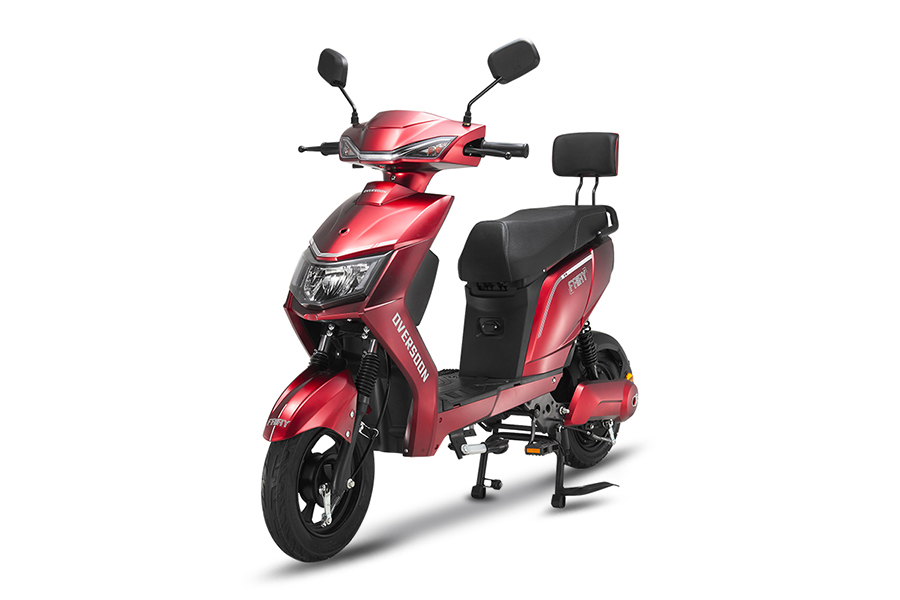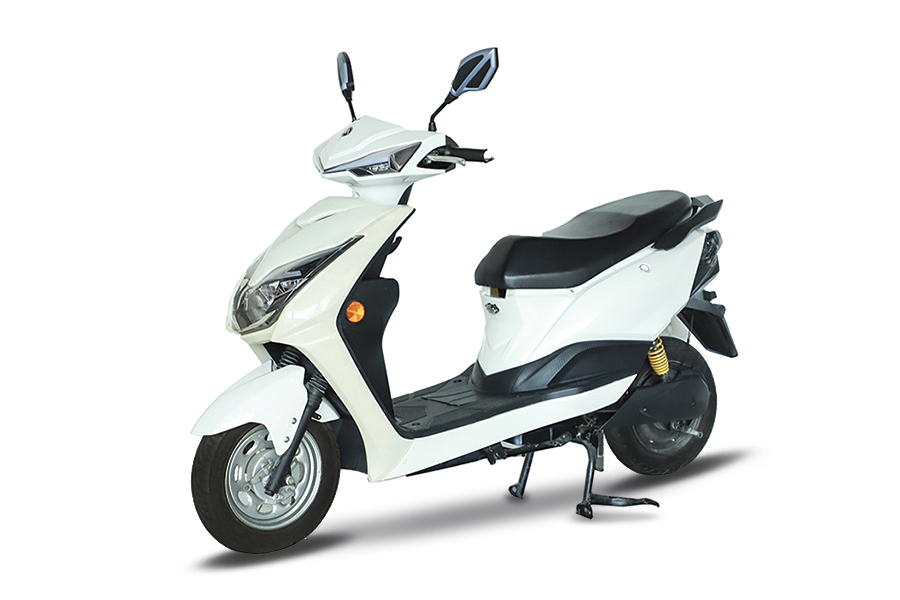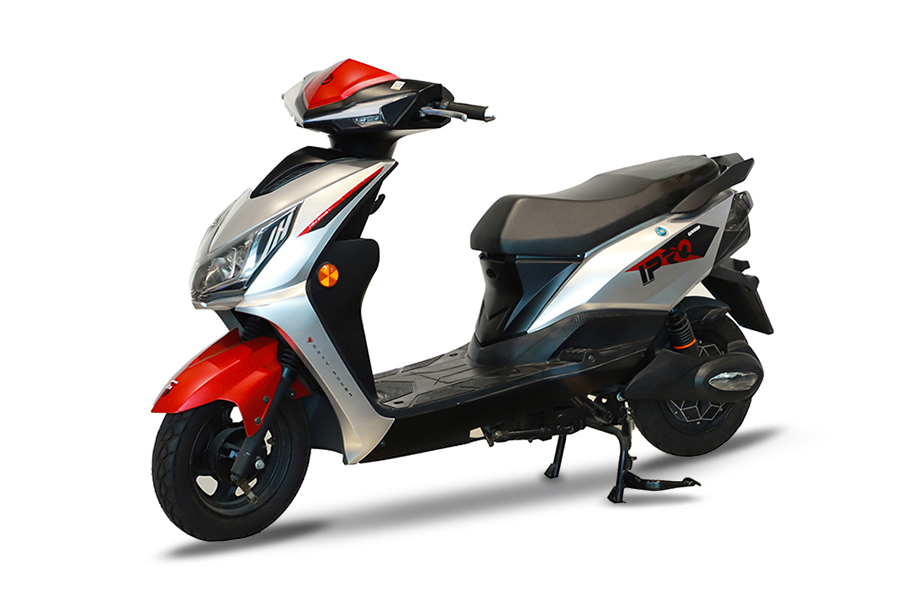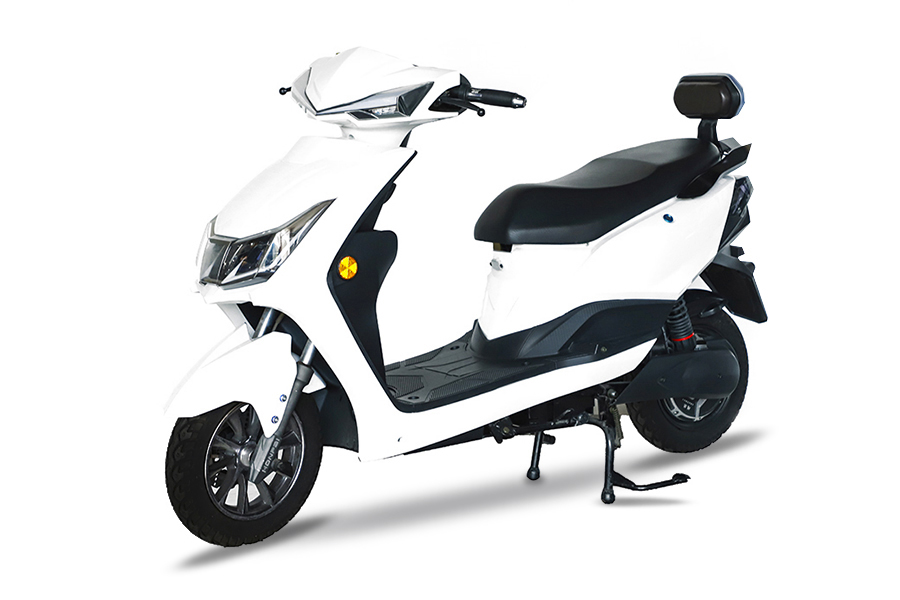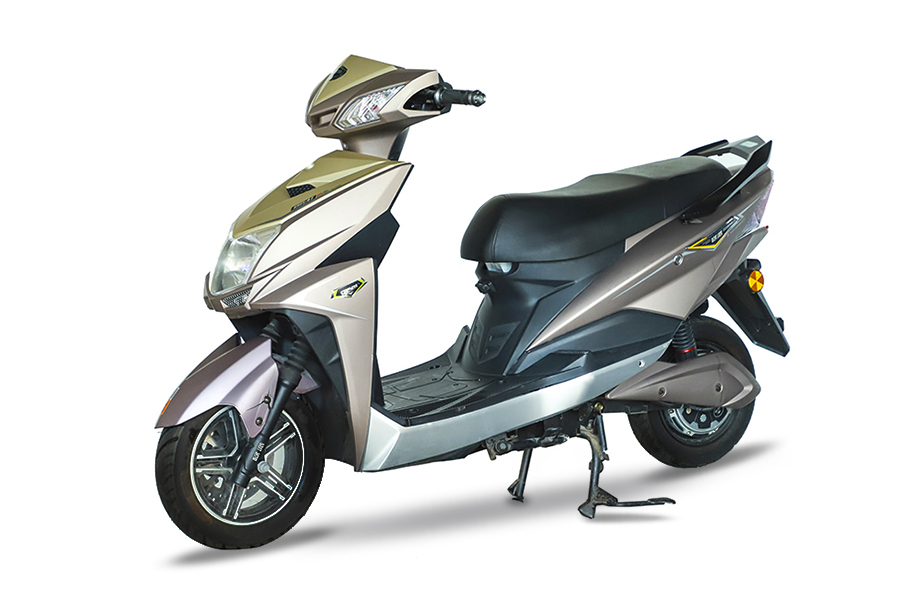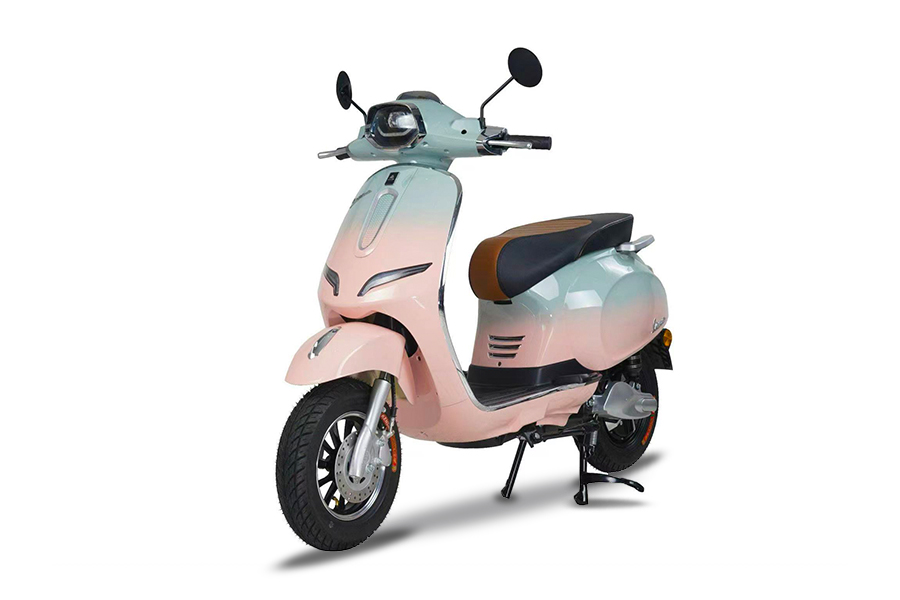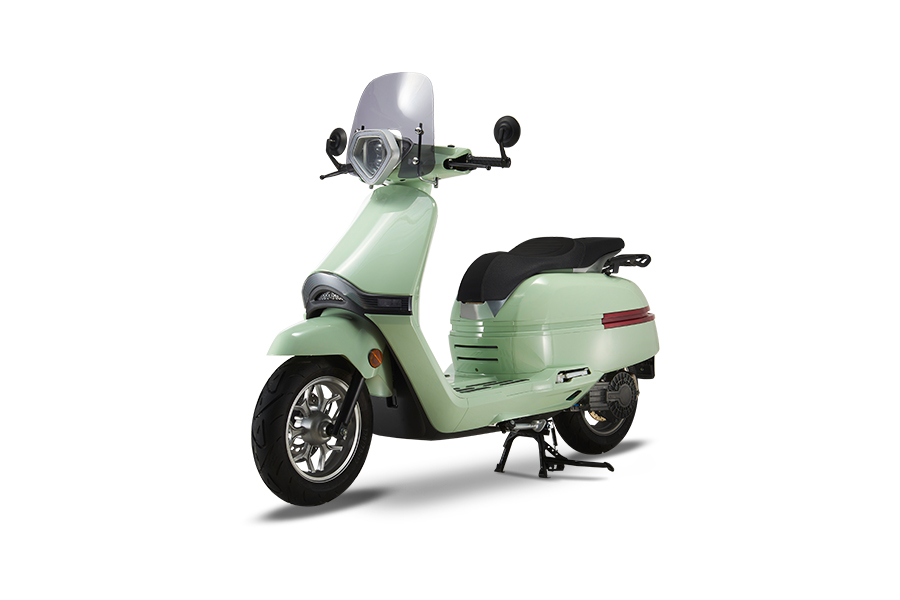In recent years, electric scooters have emerged as a groundbreaking solution for urban transportation. With their rise in popularity, electric scooters are reshaping the way people navigate cities, offering an eco-friendly alternative to traditional vehicles and contributing to a more sustainable urban environment. This article explores the latest trends, technological advancements, and market dynamics driving the growth of electric scooters.
Electric scooters have witnessed a surge in popularity due to their convenience, cost-effectiveness, and environmental benefits. Urban commuters are increasingly turning to electric scooters as a practical solution for short-distance travel, bypassing traffic congestion and reducing reliance on personal cars. The ability to swiftly cover short distances—whether for commuting to work, running errands, or exploring the city—makes electric scooters an attractive option for modern urbanites.
Advancements in technology are a major driver behind the electric scooter boom. Modern electric scooters are equipped with features that enhance their performance and user experience. Battery technology has seen significant improvements, with longer-lasting lithium-ion batteries offering extended range and faster charging times. These advancements address one of the key concerns for electric scooter users: range anxiety.
Additionally, the integration of smart technology into electric scooters is transforming the way users interact with their vehicles. Many electric scooters now feature GPS tracking, anti-theft systems, and mobile app connectivity. These features not only enhance the security of the scooters but also provide users with real-time information on battery life, location, and route optimization.
The electric scooter market is experiencing robust growth, driven by several factors. Urbanization and the need for sustainable transportation solutions are fueling demand for electric scooters. As cities become more congested and pollution levels rise, electric scooters offer a cleaner and more efficient mode of transportation. Moreover, the push for greener initiatives and government incentives to reduce carbon emissions are encouraging both consumers and businesses to adopt electric scooters.
The market is also seeing a rise in electric scooter sharing services. Companies are increasingly investing in scooter-sharing programs, providing users with easy access to electric scooters on a pay-per-use basis. This model not only promotes the adoption of electric scooters but also helps reduce the number of private vehicles on the road, further contributing to environmental sustainability.
Despite their benefits, electric scooters face several challenges that need to be addressed. Safety remains a major concern, as the increasing number of electric scooters on the roads can to accidents and injuries. Ensuring that users follow safety regulations, such as wearing helmets and adhering to traffic rules, is crucial for mitigating risks. Additionally, the integration of electric scooters into existing traffic systems and infrastructure requires careful planning and coordination with local authorities.
Another challenge is the issue of scooter maintenance and durability. While advancements in technology have improved the reliability of electric scooters, ongoing maintenance is essential to ensure their longevity and performance. Companies offering electric scooter sharing services must invest in regular maintenance and repairs to keep their fleets in good condition.
The future of electric scooters looks promising, with continued innovation and expansion anticipated in the coming years. As technology evolves, we can expect even more advanced features and improvements in scooter design. Enhanced battery life, faster charging times, and increased integration with smart city infrastructure are likely to drive the next wave of innovation.
Furthermore, the integration of electric scooters with other modes of transportation, such as public transit systems and ride-sharing services, will contribute to a more seamless and efficient urban mobility experience. The development of dedicated scooter lanes and improved safety measures will also play a key role in supporting the widespread adoption of electric scooters.

 English
English Español
Español